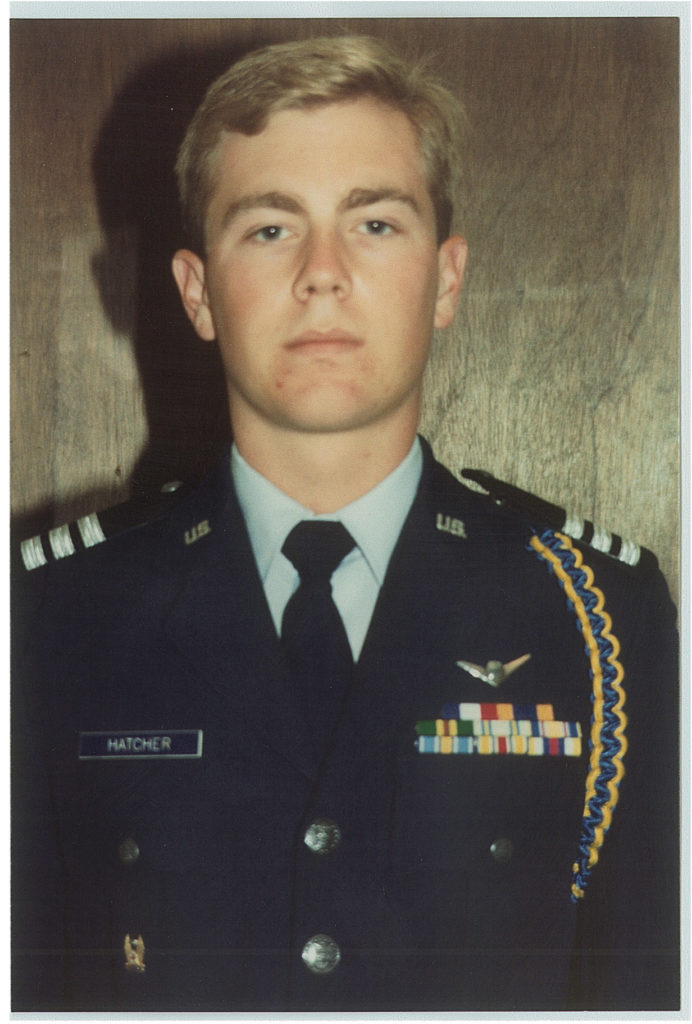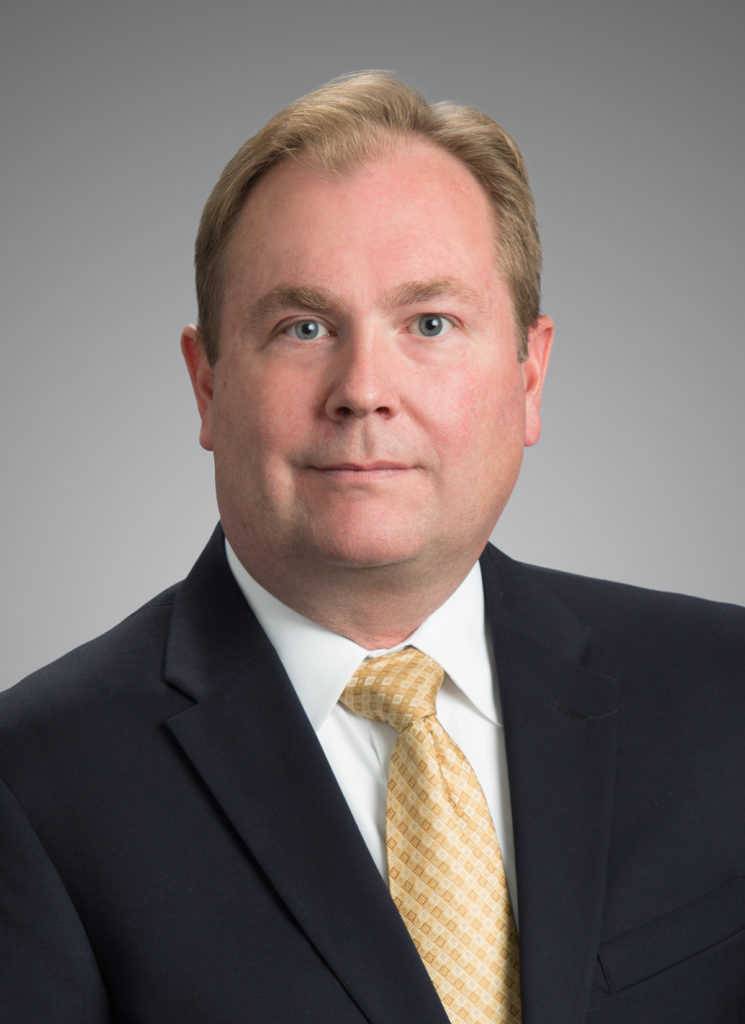The military, specifically the Air Force, gave me opportunity and confidence, and the financial resources to make the most of both. As a high school senior many years ago, my favorite show was Miami Vice (that should date me), and I thought it would be cool to design car stereos for a living (timeless, really). But without a scholarship, I was not going anywhere.
I applied for and received an Air Force ROTC scholarship that allowed me to pay for almost any university. I chose the University of Miami (see favorite show above), and electrical engineering as my major (think car stereos). ROTC scholarships are terrific, and I cannot recommend them enough. They let kids who otherwise would not be at major universities, or perhaps any university, attend great schools for free or close to free. You can see a world that would otherwise be inaccessible. Sure you owe four or more years of your life to your service branch after graduation, but you get to do things and be responsible for so much more than the average college graduate.

Beyond the free tuition, room and board, Air Force ROTC trained me, physically and mentally, to succeed. I learned discipline and leadership in school, in addition to academics. I also learned to dream big, switching my focus from car stereos to flying jets, the astronaut corps and going to Mars. I even added a second major of physics. By the time I graduated, I had a pilot slot and was selected to attend Euro-NATO Joint Jet Pilot Training at Sheppard AFB, learning to fly fighters with students and instructors from 12 member nations of NATO. I had my life planned out – fly fighters, get an astrophysics grad degree, test pilot school, become an astronaut and go to Mars.
But halfway through pilot training, I got on a motorcycle for the first time in my life. A fellow student pilot gave me a ride home. He lost control in a corner and we hit a bridge head-on at 50 mph. I regained awareness of my surroundings about two weeks later, in a hospital bed, with multiple skull and facial fractures, a broken neck and a paralyzed right arm, among other injuries. (Yes, I was wearing a helmet.)

A strange thing happened not long thereafter – I started thinking about what I was going to do with the rest of my life. Yes, I cried (a lot) when I realized all my grand plans/dreams were out the window. But shortly thereafter, in that first month after the wreck while I was still confined to that bed, I set about to figure out what else I could do with my life. The confidence and life experience I gained through the Air Force had a lot to do with that. Time and again while a cadet in ROTC I had been presented with challenges, often failing on the first (and sometimes second or third) attempt. And learning to fly jets is all about overcoming failure under intense pressure. Military training presents you with challenges of all types, allows you to fail and to learn from those failures and to overcome them. All those experiences conditioned me to believe I could overcome anything and succeed.
It was that first month in the hospital bed that I decided I wanted to be a litigator, if I couldn’t fly anymore. And the Air Force made it quite clear I could not fly anymore, with only one arm. Then I set about to heal and to study for the LSAT. A few years later, I showed up at law school, they saw my B.S. in electrical engineering and physics and promptly pointed me to patent law, which was fine with me, patents make for great litigation.
I firmly believe that, if you take away the military training and experience and the confidence and resiliency they instill, my time in that hospital bed would have been much different. And I would not be a lawyer, much less a patent litigator and partner at Sidley.
Go Air Force.
Michael Hatcher leads the IP Litigation group in Sidley Austin’s Dallas office. His practice focuses on patent litigation at the trial and appellate levels, with an emphasis on electronics and telecommunications cases, as well as drug and biologic patents cases, including pursuant to the Hatch-Waxman Act. Mr. Hatcher also litigates trade secret, trademark and Internet domain name disputes, and counsels clients on intellectual property issues.
